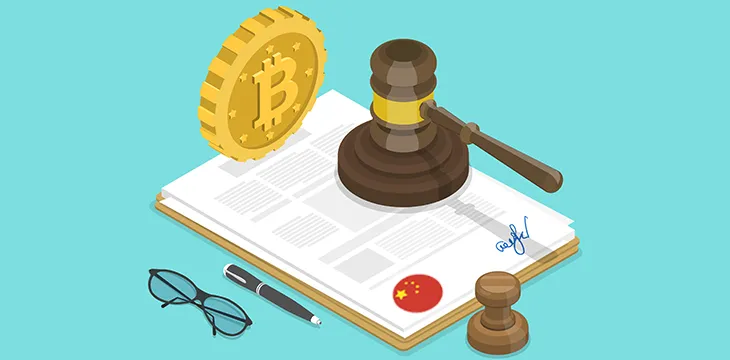|
Getting your Trinity Audio player ready...
|
The Cyberspace Administration of China (CAC) has published its regulations for the management of blockchain information services in the country, to be implemented starting February 15.
The new regulations, written in Chinese, are intended to safeguard national security and the public interest, protect the rights of its citizens and other legal entities, as well as promote the development of blockchain technology and related services.
Blockchain information service providers will be under the CAC’s supervision, and will be required to formulate emergency responses that conform to national standards in dealing with content that is prohibited by law.
The providers must also be able to manage their platforms, and have agreements signed with their users that clarify the rights and obligations of both parties.
Users are to prove their real identities to the blockchain companies, by submitting information such as identification card number and mobile phone number. If a user fails to disclose these, a blockchain company is barred from providing its services.
The regulations also make a point to tell the companies and their clients not to use the services to engage in activities prohibited by laws and administrative regulations that would endanger national security, disrupt social order, or infringe on the legitimate rights and interests of others. This includes the copying, publishing, or disseminating of prohibited content through such services.
Each blockchain firm must submit information about itself to the CAC, and report on changes made in its service, such as product offered or its website.
A range of penalties is also outlined for the violation of the various provisions.
A draft of the regulations was first made public last October.
While China places numerous restrictions in the trading of cryptocurrencies and holding initial coin offerings (ICOs), the country remains home to many of the world’s largest mining firms and cryptocurrency exchanges.
The Chinese government itself has launched a court for the resolution of internet-related disputes, with records for such cases to be placed on a blockchain.

 07-14-2025
07-14-2025 





